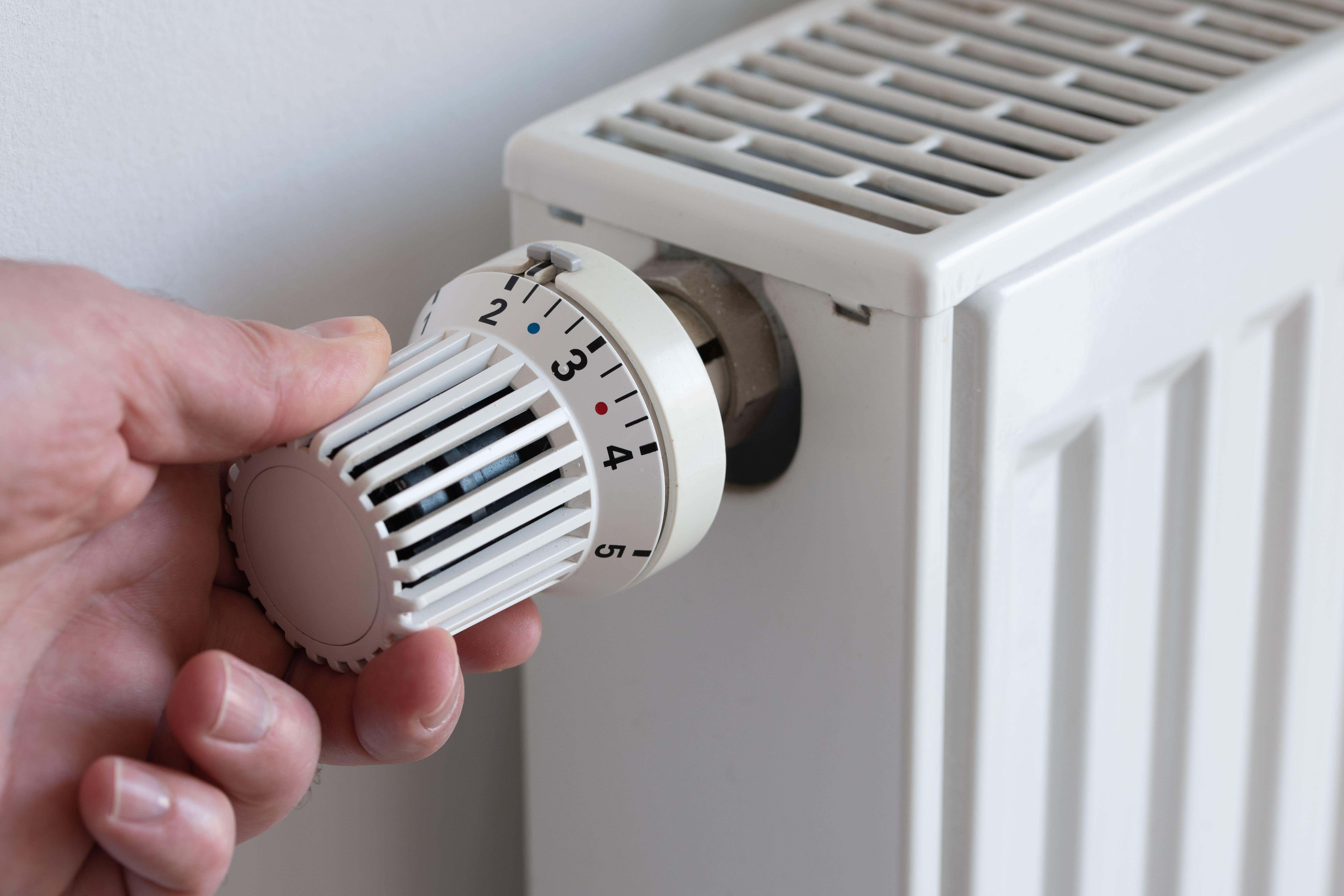As the weather gets colder, families in the United States are encountering an additional financial challenge: the cost of heating is anticipated to increase this winter, further straining budgets that are already tight.
The announcement arrives while inflation continues to pressure the economy and energy costs climb, forming a challenging scenario for households struggling to control their monthly budgets. For numerous individuals, facing the possibility of steeper heating expenses during the winter season is not just a hassle—it poses a dilemma that might necessitate tough decisions regarding family expenditures. Energy providers, market specialists, and government authorities are all indicating that prices are poised to rise considerably more than in earlier years, affecting regions nationwide, from city apartments to countryside dwellings.
Several reasons are leading to an increase in heating costs. Worldwide energy markets remain unstable due to geopolitical conflicts, disruptions in supply chains, and ongoing pandemic effects. The cost of natural gas, critical for heating many American homes, has been notably impacted. Moreover, colder-than-anticipated weather forecasts in some areas are predicted to elevate usage, boosting demand and escalating prices.
Factors driving winter energy costs
One of the primary contributors to rising heating bills is the continued fluctuation in natural gas prices. The United States relies heavily on this fuel source for residential heating, and any instability in supply can have immediate effects on consumer costs. Experts warn that disruptions caused by international conflicts or production issues could exacerbate the situation, leaving households with fewer options to reduce their expenses.
Weather patterns also play a crucial role in determining energy consumption. Colder winters naturally increase the need for heating, which in turn drives up demand for electricity, natural gas, and heating oil. While meteorologists provide forecasts months in advance, unexpected cold snaps or extended periods of low temperatures can quickly strain energy infrastructure, resulting in higher bills.
Another key factor is the ongoing transition to cleaner energy sources. While renewable energy initiatives aim to reduce long-term costs and environmental impact, the short-term effect has been a mixed supply of energy resources, which can lead to price increases. This transition period, combined with regulatory changes and energy market adjustments, contributes to the uncertainty households face when planning for winter expenses.
Regional disparities and household impact
The economic repercussions of escalating heating expenses will vary throughout the nation. People living in the colder northern regions are expected to encounter more significant hikes because of their inherently higher energy use. On the other hand, areas with milder climates might experience less drastic shifts, yet even minor upticks can heavily impact families already dealing with elevated inflation. In rural locations, where heating oil or propane is typically used instead of natural gas, costs may surge sharply because of factors like transportation and distribution.
For many families, these rising bills will compound other financial pressures. Inflation has already affected groceries, transportation, and healthcare, leaving less disposable income for energy expenses. Analysts warn that some households may be forced to make difficult choices, such as reducing thermostat settings, cutting back on other essentials, or seeking financial assistance programs to stay warm during the winter months.
Preparing for higher heating bills
Energy specialists suggest a few methods to lessen the effects of increasing winter expenses. One method is enhancing household energy efficiency. Basic actions, like sealing windows and doors, increasing insulation, or installing programmable thermostats, can notably decrease heating needs. Furthermore, families might consider alternative energy solutions, like electric heat pumps or solar energy systems, to reduce dependence on conventional fuels and achieve long-term cost reduction.
Government programs are also available to help vulnerable households manage increased expenses. The Low Income Home Energy Assistance Program (LIHEAP) provides financial support to families struggling to pay heating bills, and certain states offer additional assistance or energy rebates. Awareness and early application for these programs can make a meaningful difference, ensuring that households remain safe and warm despite rising costs.
Specialists highlight the importance of strategic foresight. Keeping track of energy consumption, preparing for increased costs, and utilizing accessible resources can lessen the financial strain. By taking early action, families can more effectively handle the difficulties of a costly winter period and mitigate effects on everyday living.
Long-term considerations
While the immediate concern is the upcoming winter, rising heating bills highlight a broader issue regarding energy stability and affordability in the United States. Policymakers, utility providers, and consumers alike are facing a turning point: how to balance energy needs, environmental goals, and financial realities. Investments in infrastructure, renewable energy, and improved efficiency can help mitigate future price volatility, but these solutions take time to implement.
In the short term, Americans will need to prepare for higher winter heating costs and adapt their budgets accordingly. Households across the country are bracing for the financial challenges ahead, knowing that proactive measures and informed decisions can make a tangible difference. As winter approaches, the intersection of climate, market forces, and energy policy will continue to shape the daily experiences of millions of people, underscoring the importance of planning, resourcefulness, and resilience.




